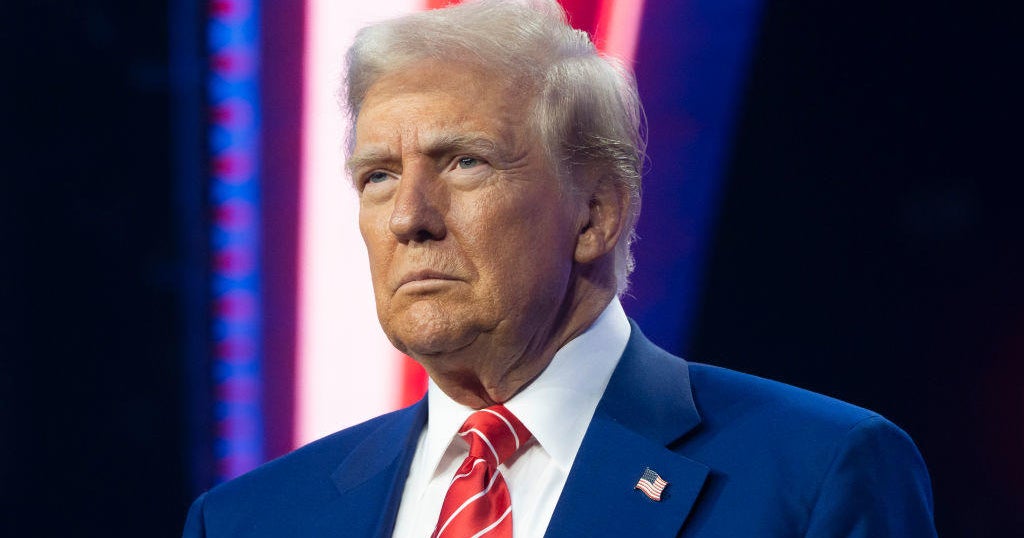THE HAGUE (AP) — The Dutch government said Monday it will introduce additional land border controls to combat irregular migration, similar to a policy introduced by Germany in September.
It is the latest move by the country’s far-right government aimed at curbing immigration as anti-foreign sentiment rises across Europe.
Minister of Migration Marjolein Faber announced the policy in a press release after the measure received the green light from the cabinet. “It is time to tackle irregular migration and migrant smuggling in a concrete way. That is why we will start reintroducing border controls in the Netherlands from the beginning of December,” she said in a statement.
The measure will come into effect on December 9. Under European Union law, countries must give Brussels four weeks’ notice before restricting freedom of movement.
Earlier this year, Faber told Brussels that the Netherlands also wanted to waive EU refugee obligations.
Geert Wilders, whose anti-immigration party won the largest share of seats in last year’s elections, posted on social media that his PVV party is ‘delivering’. Wilders has been advocating for closing the Dutch borders for over ten years.
Faber, who represents Wilders’ party in the cabinet, has not indicated how the border controls will be carried out. This step does not entail additional funding for the national policy response to border controls. The six-month restrictions must be done “within existing capacity,” the statement said.
The Netherlands has hundreds of land border crossings with neighboring countries Germany and Belgium. The police are currently conducting random checks. Faber says that border controls must be carried out with as little disruption to traffic as possible.
Germany began carrying out similar checks at its borders with France, the Netherlands, Belgium, Luxembourg and Denmark last month, after several high-profile attacks by extremists.
Germany and the Netherlands are both part of the Schengen area, the border-free travel zone that includes most EU member states, as well as Iceland, Liechtenstein, Norway and Switzerland.
According to the EU, member states may temporarily reintroduce controls at the EU’s so-called internal borders in the event of a serious threat, for example to internal security. But it also says that border controls should be used as a last resort in exceptional situations and should be limited in time.






